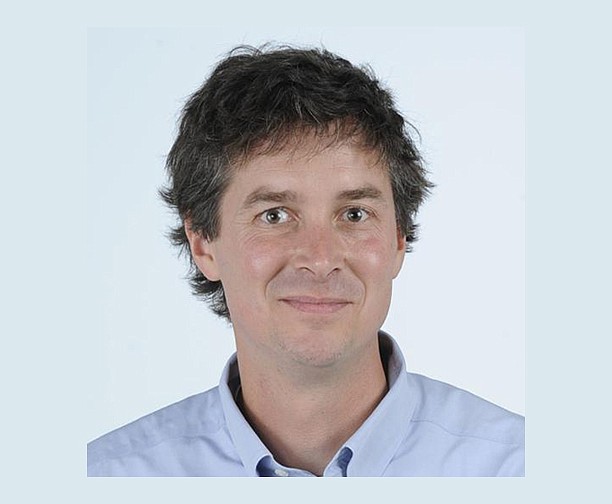On the morning school was canceled, Henry Webb's mom did not tell him the whole truth.
She didn't tell him that a man had broken into Westview Elementary the night before, wrecking -- from urinals to TVs -- everything he could. Didn't say how the man caused $60,000 in damage. Didn't mention how police had to Taser him into custody.
When Henry and big sister Helen woke up, their mom kept it pretty straight and simple.
"School is closed for today," Whitney Webb told her kids.
So Henry, 6, asked the obvious.
"Did it snow?" he said.
Whitney laughed, then let out a little more of the story: a man broke into school and did a lot of bad things. He made a huge mess.
Henry thought for a moment, then ran off to play.
But big sister Helen didn't.
She'd noticed the quiver in her mom's voice, the way her eyes seemed to be hiding tears. She knew something was wrong, something more than just a huge mess.
So she waited until her little brother left the room before she asked the question that had been brewing in her mind.
"Mom, did he have a gun?" Helen asked.
This time, Whitney didn't laugh.
"I broke into tears," she said.
Helen is 9, and all the right kind of kid: thoughtful, compassionate, smart as a whip, adventurous. Sure, she's at the age when the snow whiteness of the world starts to turn a little more wicked, but don't picture her as head-down in a laptop of violent movies, or walking around in some dark, pre-Goth phase.
Helen's a normal kid.
And that means this: We have reached the point in American society where it is very normal for a 9-year-old kid to think -- immediately, instinctively -- of the nightmare scenario: that the man who breaks into her school is also armed with a gun.
"It is not fair that a 9-year-old would even have that thought in her mind," her mom said.
They drill for "emergency scenarios" at school. They get a glimpse of the headlines. They overhear our conversations.
So they put two and two together: Mom, did he have a gun?
The story of Helen's question has jarred me since I first heard it: How much violence do our kids internalize without us knowing it? How scary is their world?
Most days, I'd answer like this: pretty scary.
Crude culture. Poverty. Broken families. Drugs, alcohol. A destructive and dehumanized media. Abuse in all its forms.
"In our increasingly coarse and profane public marketplace, mutual respect and any sense of the sacred has eroded," writes Marian Wright Edelman, founder of the Children's Defense Fund.
Somehow, without much of a fight, we have accepted campus violence as a normal part of American life, and thereby bequeathing such acceptance onto our children. (The guns of the father will be passed down to the sons.)
Societal forces keep pirating over that long-established border wall that keeps our kids safe and innocent. Something leapfrogs them out of childhood before they are ready, and it just seems like our kids are growing up ... (go ahead, finish the phrase) ... way too fast these days.
Right?
"Nothing could be further from the truth," Tim Gill writes in "No Fear."
Gill's book -- written in the U.K. but applicable to the U.S. -- makes the claim that today's kids are, in fact, quite safe and quite protected.
Yet we've come to believe just the opposite.
Our hand-wringing, hand-sanitizing anxiety is a by-product of our fear-based and risk-averse culture. We want our kids safe, no matter what. We helicopter-parent. We don't let them ride without helmets. Or walk to school -- gasp! -- alone.
"In 1971, eight out of 10 children aged seven or eight years went to school on their own," Gill writes. "By 1990, this figure had dropped to less than one in ten."
Instead of worrying, maybe I should wonder: What if our fears are mostly fiction?
What if this new America is just as safe as the old our-parents-always-left-us-alone-in-the-car America you remember?
What if our kids have internalized the threat of violence not because the world is more violent, but because we think it is? Or because the media tells us so?
Like Whitney, we should weep over a too-soon loss of innocence.
But we should also answer our kids' questions loudly and proudly: Yes, children, the world can be scary, but it is also beautiful, with so much goodness, and so many surprises.
Like a snow in August.
Contact David Cook at dcook@timesfreepress.com or 423-757-6329. Follow him on Facebook and Twitter at DavidCookTFP.

